By: Andrew J. Hoffman, University of Michigan
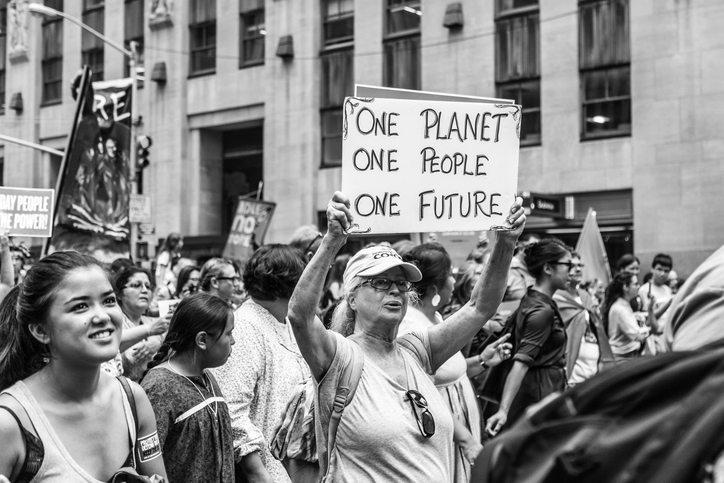 When politicians distort science, academics and scientists tend to watch in shock from the sidelines rather than speak out. But in an age of “fake news” and “alternative facts,” we need to step into the breach and inject scientific literacy into the political discourse.
When politicians distort science, academics and scientists tend to watch in shock from the sidelines rather than speak out. But in an age of “fake news” and “alternative facts,” we need to step into the breach and inject scientific literacy into the political discourse.
Nowhere is this obligation more vivid than the debate over climate change. Contrary to the consensus of scientific agencies worldwide, the president has called climate change a “hoax” (though his position may be shifting), while his EPA administrator has denied even the most basic link to carbon dioxide as a cause.
It’s another sign that we, as a society, are drifting away from the use of scientific reasoning to inform public policy. And the outcome is clear: a misinformed voting public and the passage of policies to benefit special interests.
Using data to meet predetermined goals
We saw this dynamic at work when President Trump announced his intention to withdraw from the Paris Agreement on climate change. In making his case, he presented an ominous economic future: “2.7 million lost jobs by 2025,” and industries devastated by 2040: “Paper – down 12 percent. Cement – down 23 percent. Iron and steel – down 38 percent. Coal – and I happen to love the coal miners – down 86 percent. Natural gas – down 31 percent.”
These data were drawn from a study – one study! – funded by the American Council for Capital Formation, a pro-business lobbying group, and conducted by National Economic Research Associates (NERA), a consulting firm for industrial clients often opposed to environmental regulations. The New York Times Editorial Board called the data “nonsense” and “a cornucopia of dystopian, dishonest and discredited data based on numbers from industry-friendly sources.”


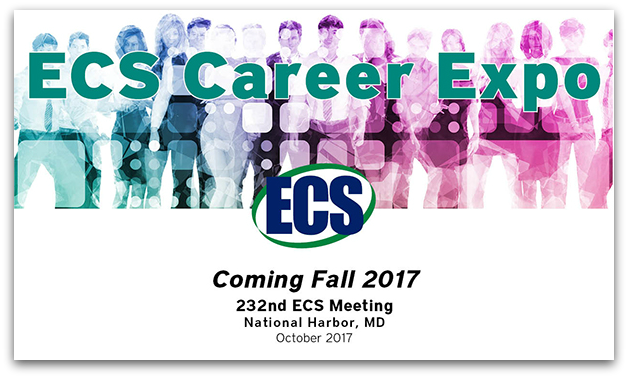 At the
At the 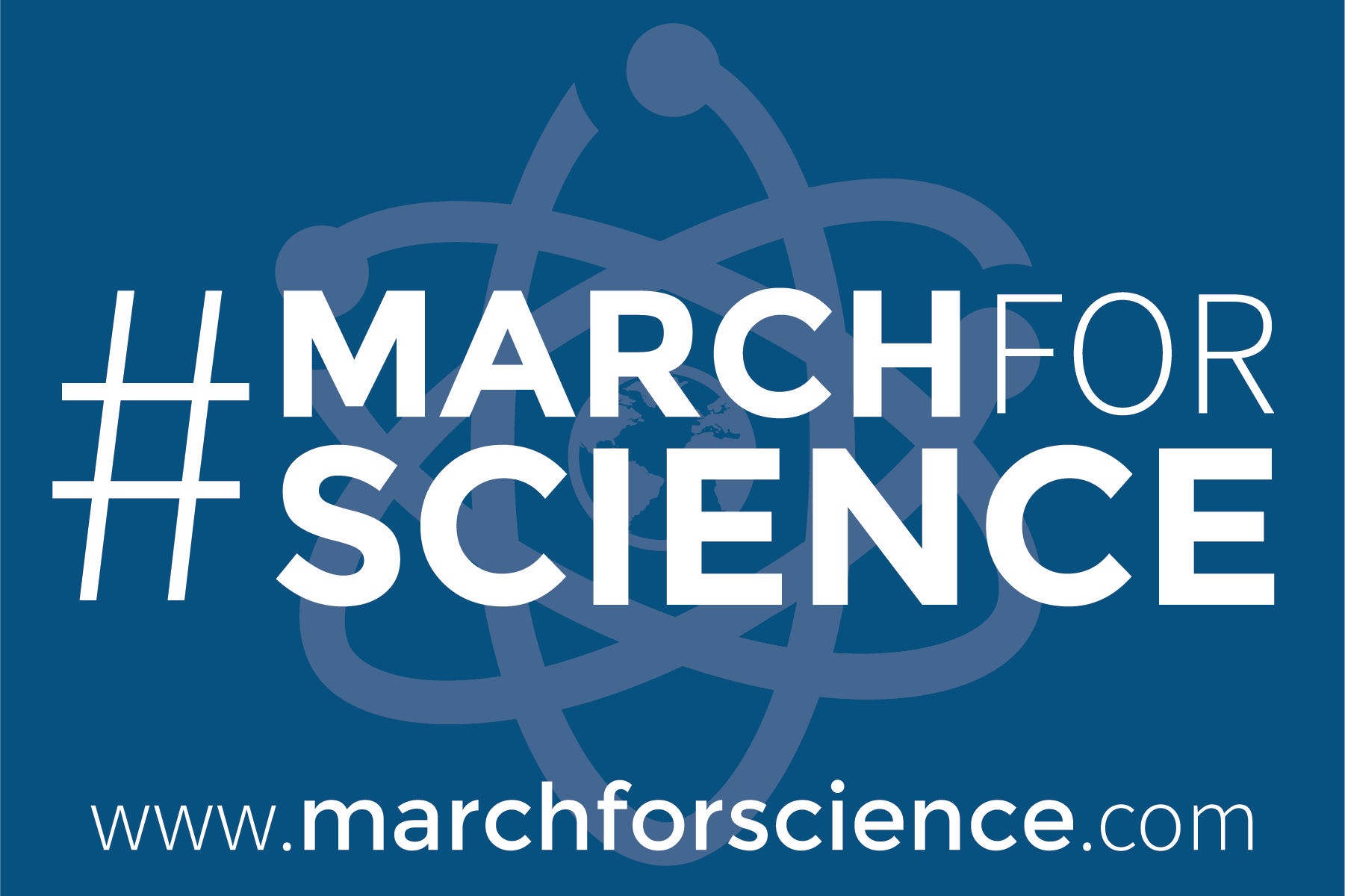 Over one million scientists and science advocates around the world took to the streets on April 22 to celebrate science and bring attention to the role it plays in improving lives, solving problems, and informing evidence-based policy.
Over one million scientists and science advocates around the world took to the streets on April 22 to celebrate science and bring attention to the role it plays in improving lives, solving problems, and informing evidence-based policy. A soda company sponsoring
A soda company sponsoring  No matter the field, if a researcher is collecting data of any kind, at some point he is going to have to analyze it. And odds are he’ll turn to statistics to figure out what the data can tell him.
No matter the field, if a researcher is collecting data of any kind, at some point he is going to have to analyze it. And odds are he’ll turn to statistics to figure out what the data can tell him. 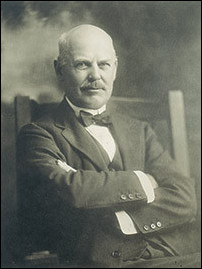 The discovery of an electric arc can be tied to the use of an electrochemical energy source. Sir Humphry Davy described in 1800 an electric discharge using electrochemical cells1 that produced what we would call a spark, rather than an arc. However, in 1808, using an electrochemical battery containing 2000 plates of copper and zinc, he demonstrated an electric arc 8cm long. Davy is also credited with naming the phenomenon an arc (Fig. 1). An electric arc was also discovered independently in 1802 by Russian physicist Vasily Petrov, who also proposed various possible applications including arc welding. There was a long gap between the discovery of the electric arc and putting it to use.
The discovery of an electric arc can be tied to the use of an electrochemical energy source. Sir Humphry Davy described in 1800 an electric discharge using electrochemical cells1 that produced what we would call a spark, rather than an arc. However, in 1808, using an electrochemical battery containing 2000 plates of copper and zinc, he demonstrated an electric arc 8cm long. Davy is also credited with naming the phenomenon an arc (Fig. 1). An electric arc was also discovered independently in 1802 by Russian physicist Vasily Petrov, who also proposed various possible applications including arc welding. There was a long gap between the discovery of the electric arc and putting it to use. ECS now has an app for your mobile device. Follow the latest research published in ECS journals, the newest Redcat blog posts, and get instant access to the ECS podcasts and videos all in one place. It also includes the meeting scheduler for the upcoming ECS biannual meeting.
ECS now has an app for your mobile device. Follow the latest research published in ECS journals, the newest Redcat blog posts, and get instant access to the ECS podcasts and videos all in one place. It also includes the meeting scheduler for the upcoming ECS biannual meeting.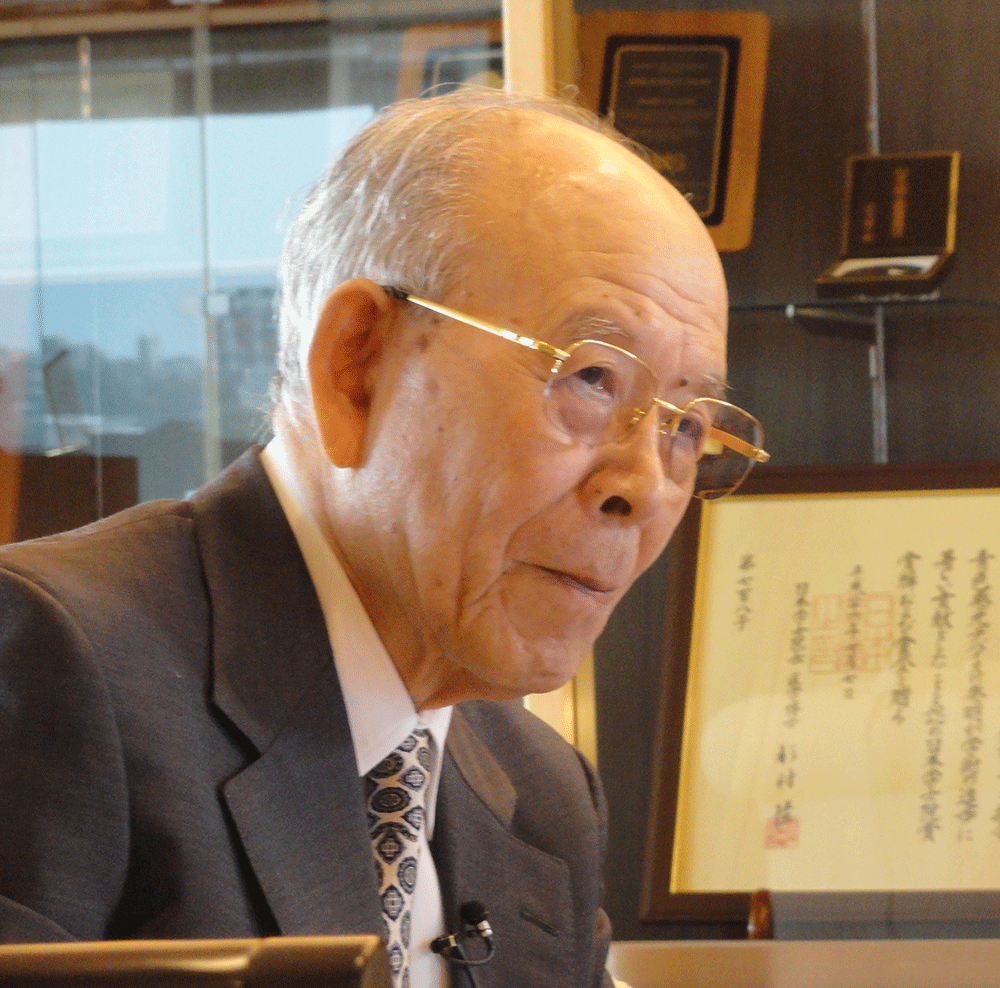 On June 8, 2016, Yue Kuo, an ECS fellow and vice president of The Electrochemical Society, traveled to the Akasaki Institute at Nagoya University in Japan to talk with Isamu Akasaki, a Nobel Prize winner and ECS life member.
On June 8, 2016, Yue Kuo, an ECS fellow and vice president of The Electrochemical Society, traveled to the Akasaki Institute at Nagoya University in Japan to talk with Isamu Akasaki, a Nobel Prize winner and ECS life member.